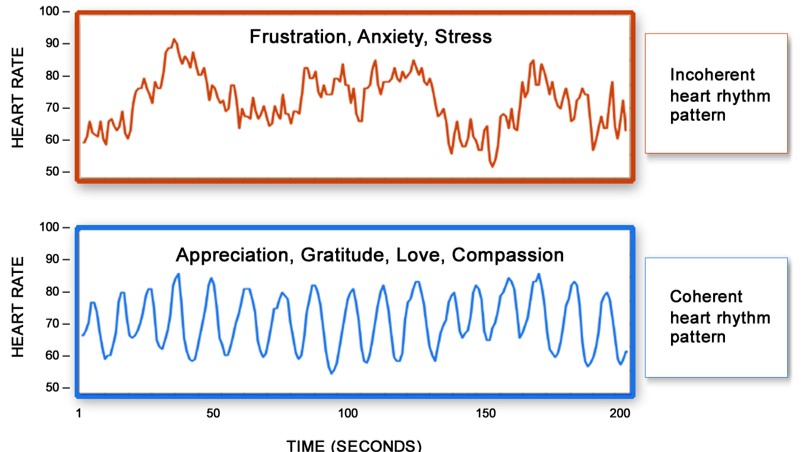Later this month I’ll be delivering my flagship presentation ‘Mental Health in the Legal Sector’ to the members of the Westmorland Law Society. I’ll be explaining the devastating effect stress and anxiety is having upon individuals, their careers and law firms.
The legal profession is by nature a high pressured environment. During the session I’ll go through some effective strategies for individuals to increase their resilience to stressful situations to help put them back in control of their emotions and performance.
Such strategies include visualization techniques and controlled breathing that can reverse the ‘fight flight freeze’ response in the moment. These strategies can help increase clarity of thought to optimize performance and reduce anxiety. These positive results can be demonstrated and measured objectively in real time by the use of a personal device that tracks heart rate variability.

Through use of this technology it can be shown that positive emotions such as appreciation and care increase resilience and lower anxiety whereas negative emotions such as frustration and anger have the opposite effect.

Whilst I am buoyed by the fact that such strategies and tools exist, I can’t shake the feeling that we are putting a sticking plaster over a gaping wound.
Although we may learn coping strategies to adapt, fundamentally the machine is apparently not fit for purpose. The legal profession by its nature damages its working parts and spits them out when they are no longer functioning. I’ll go deeper into the bleak landscape of mental health in the legal sector in another article but suffice to say it is and has been a significant issue for some time.
This quote by philosopher Jiddu Krishnamurti makes my point perfectly.
“It is no measure of health to be well adjusted to a profoundly sick society.”
Jiddu Krishnamurti

My question that will inform the subject of future articles but for now is opened to entice debate is this: “If our legal profession is ‘profoundly sick’ what is the cure?”

